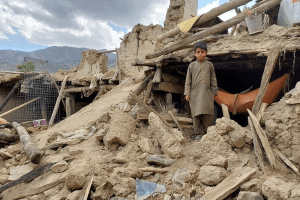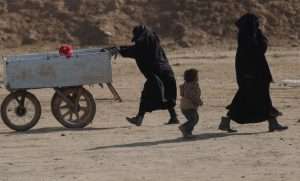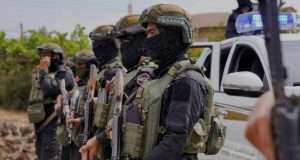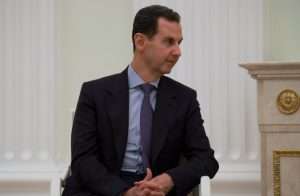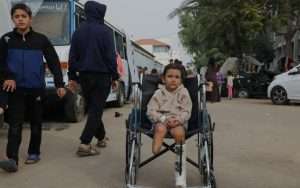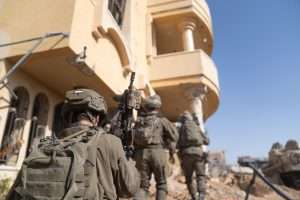Lebanon: UN finds over 300 arms caches in country’s south
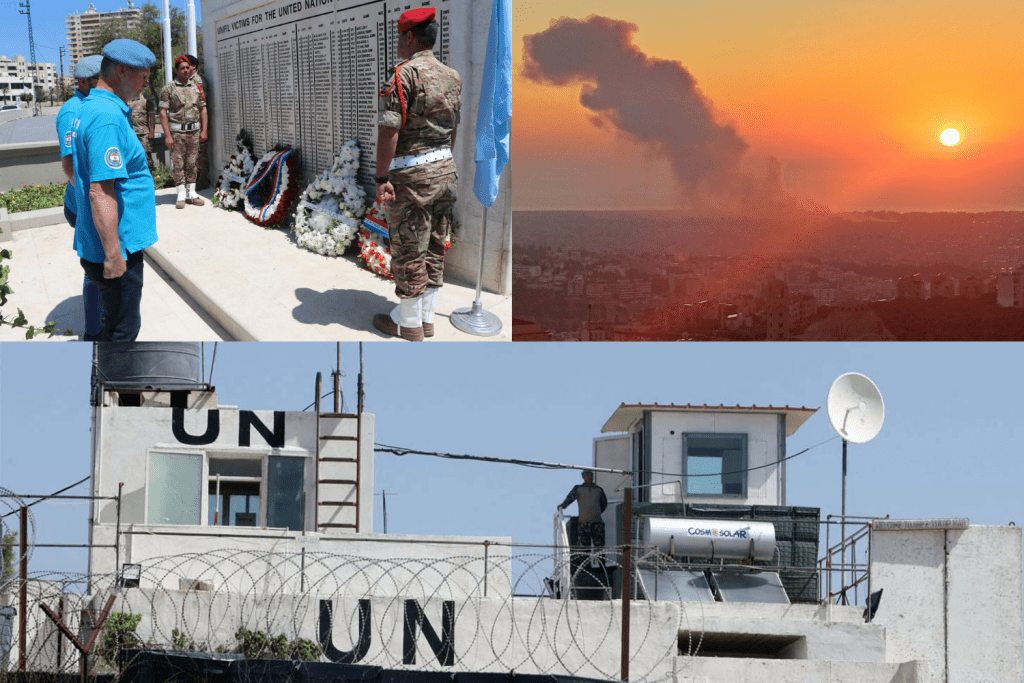
The UN peacekeeping mission in Lebanon has found 318 arms caches in Lebanon’s south since a ceasefire between Hezbollah and Israel was implemented in November, its spokesman said, according to The National on August 29th.
Under the truce, Hezbollah was required to pull out its fighters, north of the Litani River, roughly 30 kilometres from the Israeli border, while Israel was to withdraw from areas it seized during the war and stop its violations of Lebanon’s airspace.
However, Israel admitted to violating the truce whilst it has kept troops in five strategic areas and continues near-daily strikes, saying it is targeting Hezbollah figures and military infrastructure. Despite these goals, the strikes have killed many civilians and wrecked civilian infrastructure, worsening Lebanon’s already fragile economy.
Spokesperson for the United Nations Interim Force in Lebanon (UNIFIL), Andrea Tenenti, said on August 29th that peacekeepers have recorded 5,095 Israeli airspace violations since November, such as 96 airstrikes and 2011 ground operations in Lebanese territory. The force has been working with the Lebanese army to dismantle Hezbollah infrastructure in line with UN Security Council Resolution 1701, which stipulates that only Lebanese forces and UN peacekeepers may operate in the south.
Hezbollah, once considered among the world’s most powerful militias, has been severely weakened by 14 months of conflict, including two months of heavy Israeli bombardment that destroyed much of its arsenal and leadership.
The group is now under mounting pressure to disarm, with even Naim Qassem, the group’s leader, being sued by several Lebanese politicians, after he warned against disarmament being enforced on his group. What’s more, Lebanon was expected to present a plan on August 31st aimed at persuading Hezbollah to hand over its remaining weapons.
UNIFIL was first deployed in south Lebanon in 1978 and also widened its presence after the 2006 Hezbollah-Israel conflict. UNIFIL is part of a monitoring committee alongside France, the US, Israel and Lebanon, which oversees the present ceasefire. On August 28th, the UN Security Council renewed UNIFIL’s mandate for the last time, until the end of 2026, after which its 10,800 troops and staff will begin withdrawing.
Western diplomats and Lebanese officials have praised the pace of army deployments in the south, saying Hezbollah’s disarmament there is nearly complete. However, the group has refused to fully surrender its weapons while Israeli troops remain in parts of southern Lebanon. Hezbollah has warned that there are no guarantees Israel will uphold its commitments.
US envoy Tom Barrack, said Israel would only submit a counterproposal after Lebanon hands over its disarmament plan. Meanwhile, Lebanese officials were disappointed with the lack of concessions from Israel that they had hoped for from US talks with Israel.
Despite Lebanese government officials being broadly receptive to the US-backed proposal, the plan has been viewed as controversial, and counter-proposals from the Lebanese government have been submitted. Meanwhile, Lebanon’s government leaders have called for Israel to withdraw from the five strategic areas, to liberate detainees, and for official border demarcation and reconstruction talks to go ahead.
Lebanon’s parliament previously passed a US-backed resolution requiring all armed groups to hand over their weapons, despite a walkout by MPs from the Hezbollah-led bloc and protests by supporters of the group.
The National, Maghrebi.org
Want to chase the pulse of North Africa?
Subscribe to receive our FREE weekly PDF magazine






